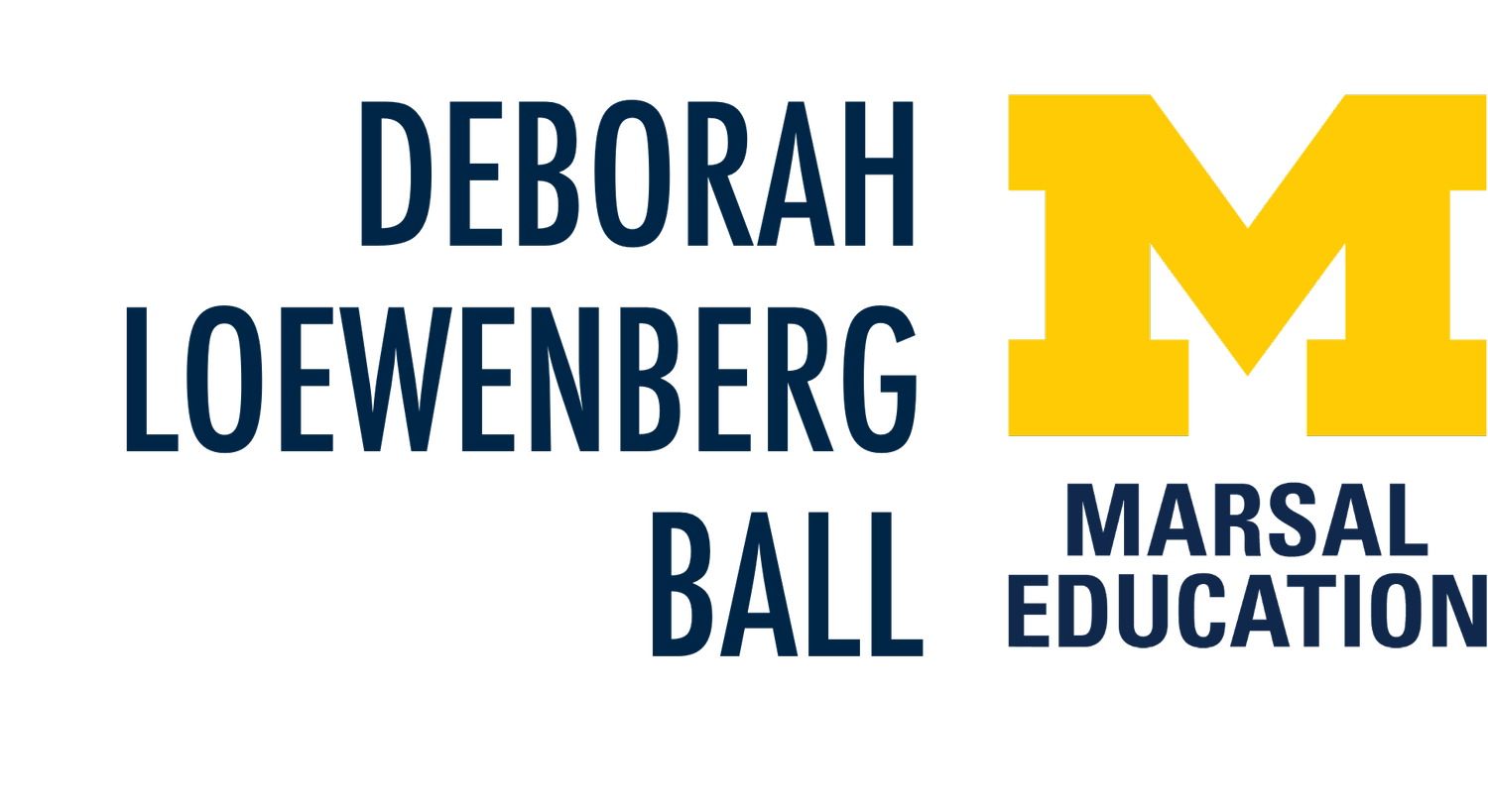In a June 19, 2020, opinion piece in The Hechinger Report, Gene Pinkard, director of practice and leadership at the Aspen Institute’s Education & Society Program, calls on educators to presume the brilliance of the Black students in their classrooms. In “We commemorate Juneteenth — why not make that sentiment last all year?” Pinkard references Deborah Ball’s work on discretionary spaces:
Professor Deborah Ball masterfully illustrates how every classroom is fertile with opportunities to elevate children or, conversely, to stifle them. Ball unpacks micro-moments where teachers send implicit and explicit messages to students. She calls them “discretionary spaces,” and they are myriad: A teacher is estimated to have 1,200 to 1,500 student interactions every day. Ball challenges us to “take as axiomatic the brilliance of Black children” to receive students as capable contributors.
Pinkard goes on to outline actionable ways that schools can enact this in practice and closes with this call to action: “We can create classrooms and systems founded on elevating the genius of Black and Brown children. Schools, too, can be the places where students ask tough questions, find their voices and construct new understandings. When we make space for the brilliance of our children to shine in full, they solve the problems we give them, mathematical and otherwise. That would be worth celebrating.”
Read the piece here.
